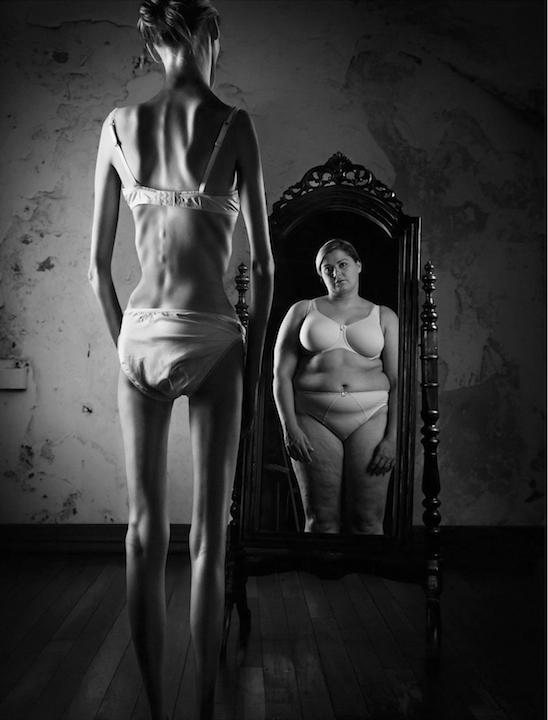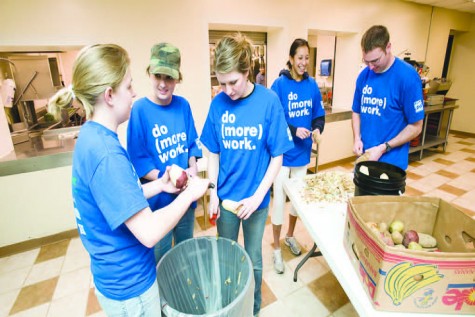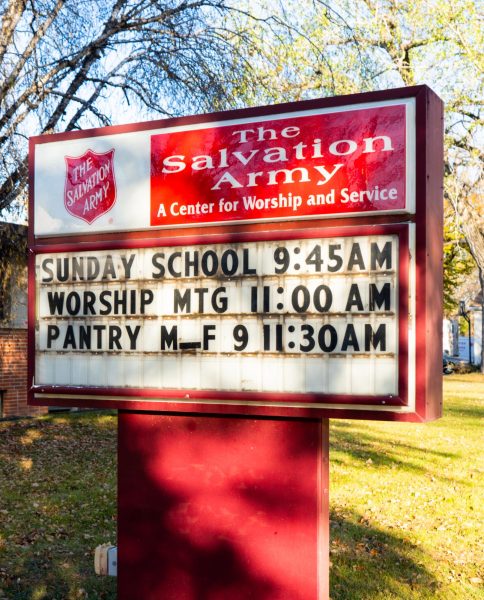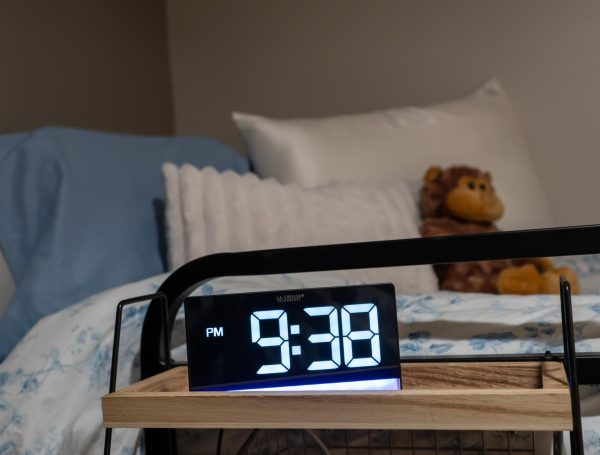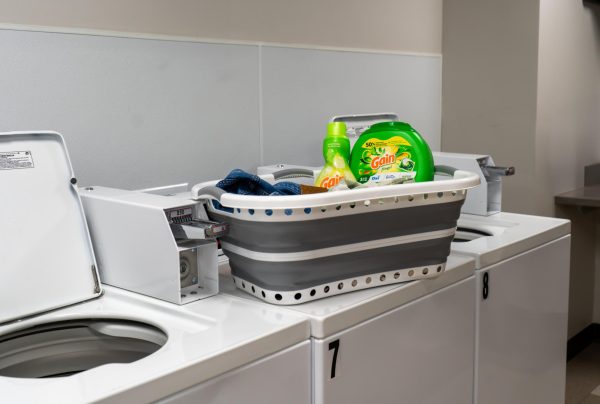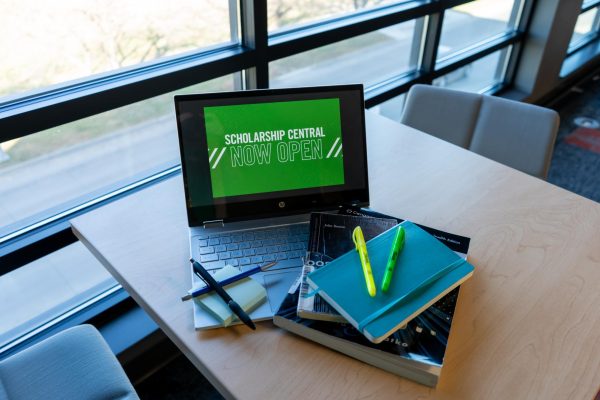Let’s be good to ourselves, already
Photo courtesy of Clemenger BBDO.
This week is National Eating Disorders Awareness Week, and I’d like to share a small piece of my own personal story in hopes it might provide insight and encouragement to some who face body image issues.
In 10th grade, I was captain of the volleyball team and had placed multiple times in the state track meet. I had a 4.0, and life was good, but things started to go downhill the next year.
I experienced a series of intestinal issues, and I had to log my food intake. As a serious athlete, I started to hyper-control my eating — every pound mattered. I needed to perform well in sports and in the classroom; I put an immense amount of pressure on myself.
I also started to think I needed to look a certain way, and gaining weight was out of the question.
My value was determined by the scale.
My anxiety welcomed the outlet that my anorexia and bulimia provided, and my world began to implode.
As a result, all my relationships suffered, but the one that suffered the most was my relationship with myself. I was constantly exhausted, and, eventually I had to quit every sport I was in. Despite being hospitalized for some time, there were many relapses over the next couple years.
My world was very small, and there were some dark moments — self-worth was pretty non-existent for a while.
I didn’t deserve to eat, and when I did nourish myself, I felt physically and mentally like an abomination. Recovery didn’t seem like it would ever be within reach; I wasn’t driving my own life anymore.
Then I started to fear for my life, and I was really shaken up. I realized I deserved to get better and that the eating disorder wasn’t who I was but something that was tainting the person I could and wanted to be.
I didn’t want to play host to such a toxic parasite anymore, and after realizing I alone could decide to recover, things changed.
Eventually relapses got further and further apart, and I started to get better.
I developed a sort of mantra that I repeated to myself during really difficult moments (it still comes in handy).
“Be good to yourself,” I said over and over.
It wasn’t easy. Actually, it was hell. But, with a lot of help, I was able to make it a month, then two and eventually a year. Then another. Right now I’m at two and a half.
There were times when getting through 60 seconds was all I could manage, but “one day at a time” applies to eating disorder recovery just like it does alcoholism. We learn to love ourselves and to live in the present, because, especially at the beginning, thinking about forever can be pretty daunting.
So you don’t. You get through it little by little, and eventually you realize how awesome you are and all the beauty you have to offer the world.
Eating disorders have the highest mortality rate of any mental disorder. They are insidious, and we need to do something about what we tell ourselves, what we tell each other and what we let society tell us.
According to the National Institute of Mental Health, one in five women has an eating disorder or exhibits disordered eating, and about 10 to 15 percent of those with anorexia or bulimia are males. Even if you don’t struggle, you’ll come across many people who do. So listen up.
Tomorrow morning when you wake up, look in the mirror and tell yourself you’re beautiful, because you are.
Tell yourself right now.
And tell someone else they are beautiful too, because we all are. We need to rethink our definitions of beauty by being less harsh on our outer appearances and also by giving non-physical attributes more credit, because starving ourselves (literally) to death just isn’t right.
Marie Monson is the multimedia editor for The Dakota Student. She can be reached at [email protected].


